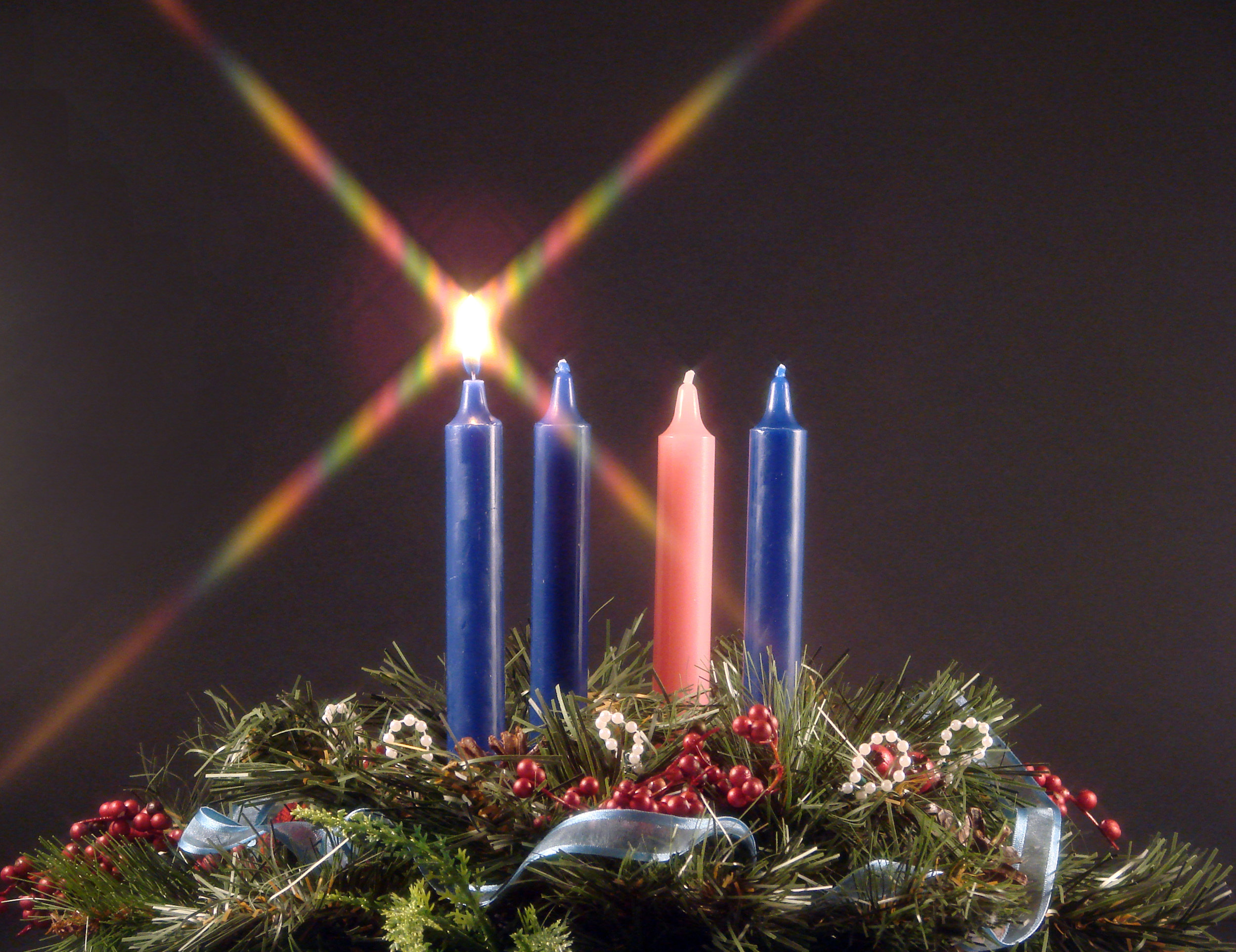Keep Austin (I Mean Christians) Weird by Wil Triggs
At the Bible college I attended in California, we had missions festivals every year. The gym where we held chapel became a convention hall with guest speakers and inspirational preachers to motivate us to think about God’s calling to world missions. The back third of the gym showcased displays from mission agencies trying to recruit future missionaries.
As a laid-back Southern Californian, I was interested in missions as a concept, and the displays and brochures and information at many of the displays were nicely done for back then.
The question, however, that hovered, cursor-like, in my mind: Would I consider missions as a career?
It was something to think and pray about. I didn’t grow up regularly attending church, so this was new terrain for me. Why not, I thought to myself, as I wandered among the displays.
The problem was, well, the people staffing the displays. They were missionaries.
Again, the concept seemed great, but what I imagined a missionary to be and the reality of the people who were at the displays clashed. I imagined these heroic missionary people to look quite a bit different from the people I saw. To my SoCal eyes many of them just looked plain weird. The clothes were mismatched. How could caucasian skin be that white without being albino? Men in Bermuda shorts, and wearing black dress socks and shoes that didn’t match either the socks or the shorts. These days the get-up might be cool in the right coffeehouse, but back then, it just looked like multiple mistakes to me.
Would I consider missions as a career? Somehow these people were supposed to make me want to join them. It was dissonant. No way. I laughed a nervous sort of laugh, and some of my friends and I joked about the odd-looking missionaries. I couldn’t see myself doing that. I went back to my speech team and trumpet and the paper on William Faulkner.
Well, the joke turned out to be on me.
A few years later, I moved to the Midwest and lost my tan. And I did become a missionary and worked alongside people who probably looked every bit as strange as the people I met while in Bible school. I not only worked alongside them, but also grew to love them as deeply as any other humans I know.
I see their missionary lives as a fulfillment of those heroic lives I imagined missionaries to live. Only it didn’t have anything to do with the clothes they wore or how tan their skin was. It had to do more with belonging to God, possessed by him, what the King James Version called “a peculiar people” in 1 Peter 2:9.
Both Austin, Texas and Portland, Oregon have slogans to keep their cities weird. The world celebrates weirdness in its own way. But God calls us to lose ourselves in something bigger and grander. My prayer now is to be less me and more Jesus. Sure, I’m his creation, but so much of me is the opposite of him. And he’s ever so much more in every way than I can ever be. In him, I’m truly different.
So, let’s go wherever he wants us to—today, this month, year, decade. Let’s be Jesus-weird together.
As I’m writing this, an email message pops up. It’s from a member of one of our past short-term teams, who is now a full-time missionary himself. What a joy to be able to support him now in prayer years after we spent time together in Russia. To me, he’s cool, what he’s doing is one of the best things imaginable. But it’s a different kind of cool. This is a like-Jesus kind of cool that is the opposite kind of values from so much of what we as earthly creatures are naturally are drawn.
Let's be peculiar enough to want to talk about Jesus, especially this month, as we think about Explore God and short-term missions trips (applications for the short-term teams are due by the end of the month).
This year, let’s explore with the people around us—neighbors, friends, co-workers and family members—or consider getting up close with one of our missionaries for a few days in North Carolina or the Dominican Republic or Czech Republic.
Keep Christians weird.


